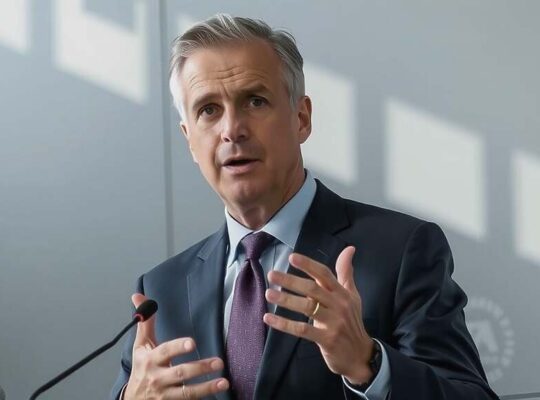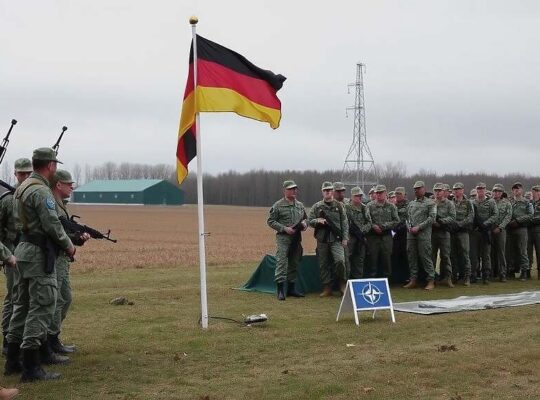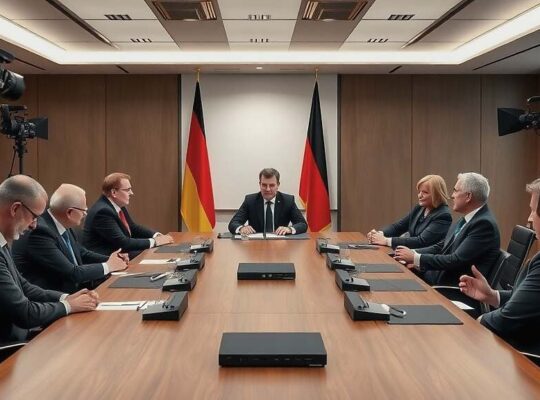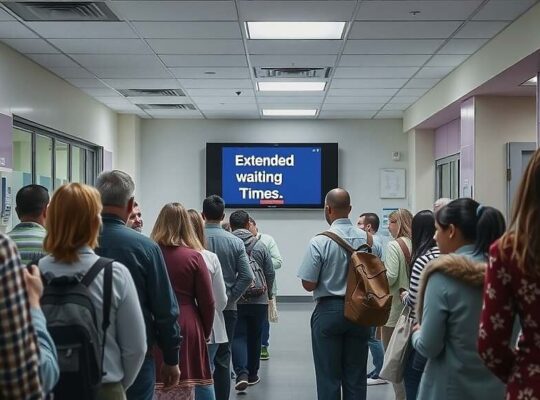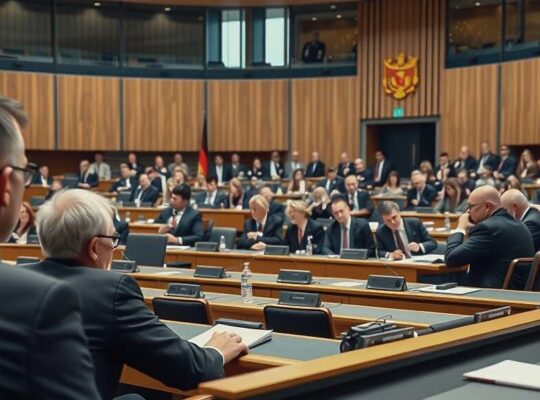The newly formed Bundestag subcommittee on crisis prevention is advocating for a rigorous “Afghanistan test” to be implemented before any future Bundeswehr (German Armed Forces) deployments. Peter Beyer, the subcommittee’s chairperson from the CDU party, argues that the disastrous withdrawal and subsequent events in Afghanistan exposed critical flaws in the parliamentary oversight process.
Speaking to the “Rheinische Post”, Beyer emphasized the dangers of basing crucial deployment decisions on incomplete or manipulated information. He insists that future operations must move beyond purely political declarations and be firmly grounded in clearly defined national interests, strategic goals and achievable success criteria. This includes a commitment to regular, independent evaluations of the evolving situation and mandated re-evaluation of original mission objectives.
The establishment of the subcommittee itself, within the Bundestag’s Foreign Affairs Committee, signifies a push to rectify past failings and bolster parliamentary control over military engagements. The new body intends to closely monitor the activities of the newly established National Security Council, scrutinizing its actions from a parliamentary perspective.
This initiative marks a significant shift in approach, reflecting a desire to avoid repeating the perceived errors that characterized the Afghanistan experience. Critics argue that earlier deployments were often rushed and lacked sufficient strategic depth, leading to unsustainable commitments and ultimately, a chaotic withdrawal. The “Afghanistan test” aims to embed a culture of rigorous assessment and accountability into the decision-making process, designed to prevent future missions from being driven by political expediency at the expense of realistic analysis and potential consequences. The success of this subcommittee will hinge on its ability to challenge executive decisions and ensure genuine parliamentary oversight, rather than simply acting as a rubber stamp.




